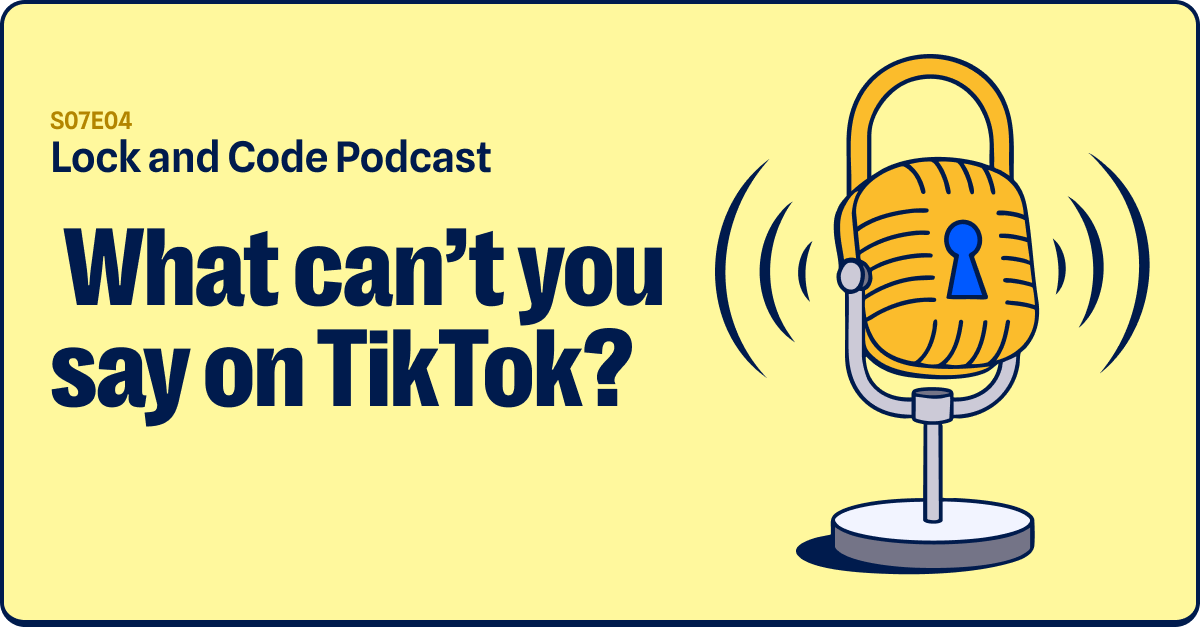It’s that time of year again when parents are slowly gearing up for a new school term. Some schools have a strict policy of only using their own pre-approved lab devices, while others allow students to bring their own devices (BYOD). Whatever the plan, it’s never too early to start thinking about some of the potential dangers.
Following the herd
When new schoolmates collide, there’s always a mad dash to join the collective and sign up to a bunch of popular websites. I’m sure many parents are intimately familiar with the “I want to set up a YouTube channel because my friend has one” request, followed closely by your own concerns about connected accounts, public-facing settings, and whether or not little Jimmy has uploaded 30 minutes of dabbing in front of the underwear dryer.
Spend some time going over privacy basics, like avoiding recording anything too identifiable. Don’t leave letters lying around in shots with home addresses on them or upload footage of yourself standing outside your house across the street from well-known public locations.
Time out
Digital devices are great tools for education, but there’s no harm in admitting they can be a problematic time suck at the worst possible moments. Students love spending time on their mobile phones, tablets, gaming consoles, and computers going down the YouTube rabbit hole or playing their favorite video games. And while videos and games can offer some educational benefits, parents will want to keep an eye on age-appropriateness, time spent in front of the screen, and potential in-game/video purchases that can be easily activated without parental consent.
It isn’t just schools in Australia, but schools in the UK, too, who’ve been sending out letters about the incredibly popular game Fortnite. The letters contain advice on limiting digital playtime via parental controls, as well as password security basics to thwart scammers attempting to pilfer accounts.
Give precedence to digital assignments that must be completed while allowing for some free screen time outside of schoolwork. And make sure to school your children on password-protecting all of their devices for additional security.
A little vanity searching never hurt anyone
It’s not enough for your kids to avoid posting their own personally identifiable information online; they should occasionally see what others might be posting about them, too. If a school bully is able to figure out your address and decides to post it online, you’d never know about it unless you heard from a friend.
Smart searching can save the day, and help to get the offending information taken down. This may be something you choose to do yourself rather than burden the child with additional responsibilities.
Security can be fun
You don’t need to wait until school time to give your kids some security tips. In fact, it might be more advantageous for them to head into the new school year with some decent computing knowledge, and it’ll certainly impress teachers, too.
With education as a top target for cybercriminals, especially those behind dangerous threats such as the Emotet Trojan and ransomware, it’s important for parents and students to be aware of the ways they can accidentally help threat actors breach school defenses. We’ve written a lot about engaging children with infosec, and our post on this subject will be useful whether you’re a parent, educator, or both.
Kids and the written word
There’s a lot of advice guides out there for parents, and though the books may not be specific to schooling, many of the tips within remain valid. Consider choosing a few titles on the subject of digital literacy, citizenship, or cybersecurity, and brush up your own knowledge on the latest issues affecting kids in cyberspace. Online popularity, social media, and (especially) anything to do with gaming should be your first port of call where learning is concerned…they’re all magnets for children and any associated problem points.
Networks and nopeworks
If the school devices are of the fixed, pre-approved types that never leave the classroom, tell your children not to save anything particularly personal to them, outside of whatever schoolwork is required. You don’t want a batch of their selfies or bad emo poetry (we’ve all done it) being stored on some obscure portion of the school network. Even if devices can be brought home, there’s a good chance they may have some sort of monitoring and/or logging functionality onboard, so it pays to be cautious and avoid potential trouble further down the line.
The same goes for student-initiated installs on the device. Whether the school has a liberal install policy or the devices are totally on lockdown, it’s probably a good idea to always ask whoever is responsible for IT before installing something. The school may have its own internal portal where safe, approved apps live. Randomly grabbing downloads from Google Play, or turning off the “no installs from unknown sources” option could give everybody involved a massive headache.
Parental monitoring
It isn’t just the school that wants to keep an eye on your children’s computer use; this may be something you want to do as well. If that’s the case, we’ve written about how you can approach the potentially tricky subject of monitoring with your kids. Remind them: with great power (unfettered access to the Internet) comes great responsibility.
School social networks
Many schools have their own social portals for their students, and they act in a similar way to more well-known services. If your child is on one of these portals, make sure they’re using a strong, unique password, and understand the security/privacy settings of the network. As above, they should avoid posting anything too identifiable, and should refrain from cyberbullying their classmates.
Laptop lockdown
On a similar note, some schools will issue devices to students and leave much of the security in the hands of the laptop recipient. If that’s the case, we’ve got you covered with some schooltime 101 security lockdown tips.
Acceptable use policies
A school network without one of these would be a rare thing, so you may wish to request a copy of the AUP and see exactly what can, or can’t, be done while using the net on school time. If your child has a habit of, er, breaking the rules, then it might be an idea to talk over any of the most important points. Nobody wants to get kicked out of school for (what the child might think) is the silliest rule.
Ring the bell!
With our quickfire list of tips and links, both you and yours should be ready to roll when term time comes around. Going back to school can be a grind for older kids, and incredibly daunting for younger ones. Throw some technology into the mix and anything can happen, so it’s good to know a wealth of online resources exist for those willing to get their feet wet.
Speaking of, if you’d like even more advice on how to tackle tech and security concerns with your kids, take a look at Malwarebytes’ Director of Malware Intelligence Adam Kujawa’s live stream on the topic. Hint: Fast forward to about the six minute mark for the video to begin.
Unfortunately, we can’t tell you which sofa the school uniform is stuffed down, but we’re right here for all your computing-related needs. Wishing you all a productive and safe return to school!










